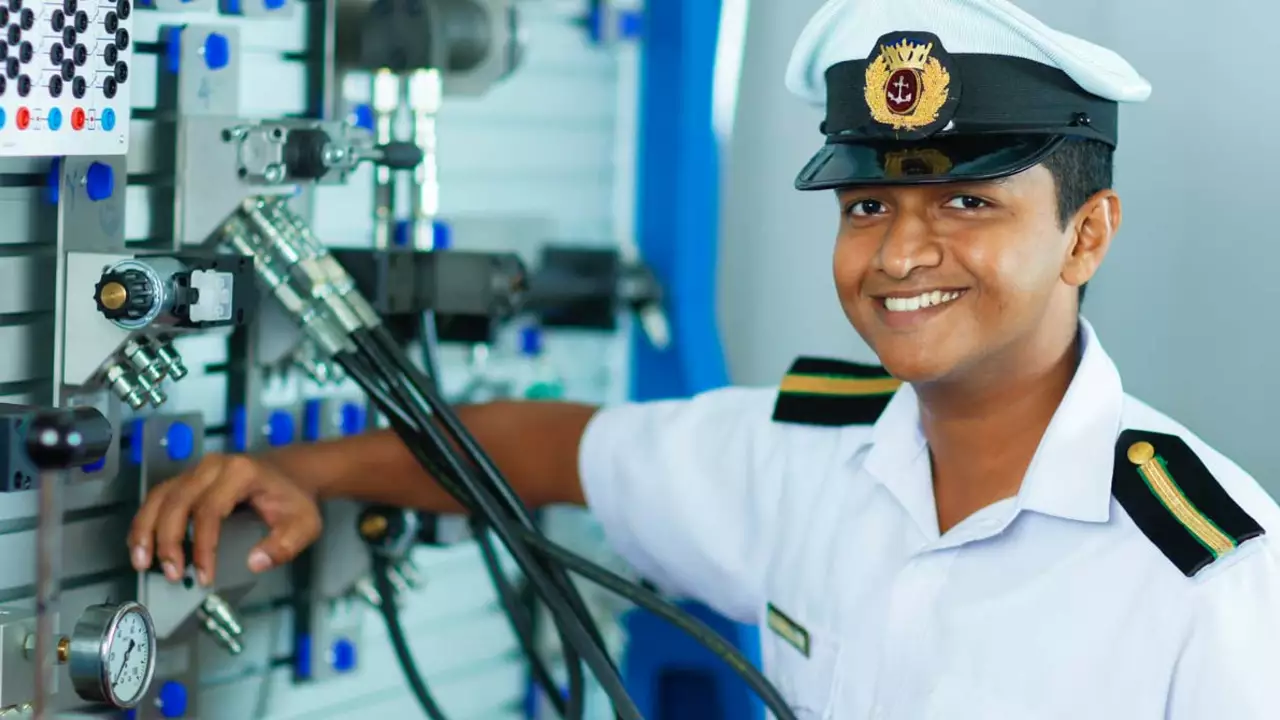Career Guidance & Immigration Advice: Your Roadmap to Jobs Abroad
Thinking about working overseas can feel like a maze, right? You’ve got big dreams, but the steps to get there often seem confusing. This page cuts through the noise and gives you clear, actionable tips on career planning and immigration, especially for Indian professionals eyeing Canada.
How to Land a Job in Canada as a Marine Engineer
First off, let’s talk about a real example: an Indian marine engineer wanting to work in Canada. The biggest hurdle is getting your credentials recognized. Start by checking the Canadian Engineering Accreditation Board for the exact equivalence process. You’ll usually need to submit your degree, work experience, and sometimes a technical assessment.
Next up, language. Canada expects strong English or French skills. If you’re not confident, enroll in a short intensive course and aim for at least a 7 in IELTS or a comparable French test. Those scores boost both your job prospects and your visa application.
Now, the visa part. Most engineers go for the Express Entry system because it scores you on age, education, work experience, and language. Build a solid profile, get your Educational Credential Assessment (ECA) done, and gather reference letters from past employers. The better your score, the faster you’ll get an Invitation to Apply (ITA).
While you’re waiting, don’t sit still. Start networking on LinkedIn, join Canadian marine engineering groups, and reach out to alumni from Indian maritime colleges now in Canada. A personal connection can open doors faster than any cold application.
Key Steps for Successful Immigration
Beyond the marine engineer story, the same roadmap applies to most professionals. Here’s a quick checklist you can copy‑paste into a note:
- Validate your qualifications: Find the Canadian body that handles your profession and start the equivalence paperwork.
- Boost language skills: Target IELTS 7 or higher, or TEF for French. Take mock tests and practice speaking daily.
- Choose the right immigration program: Express Entry for skilled workers, Provincial Nominee Programs (PNP) for specific provinces, or Study‑to‑Work routes if you prefer an academic path.
- Gather supporting documents: Work references, salary slips, tax returns, and a clean criminal record. Organize them digitally for easy upload.
- Network smartly: Attend virtual job fairs, join industry forums, and seek mentors already settled in Canada.
Every step adds points to your immigration profile, so treat each action like a boost to your score. Remember, the process isn’t a one‑size‑fits‑all. If you hit a snag, consider hiring a certified immigration consultant—just make sure they’re registered with the ICCRC.
Finally, stay patient and keep the end goal in sight. Many Indian professionals have turned these steps into a smooth transition, landing jobs, getting permanent residency, and building a new life abroad. Your journey starts with that first action—whether it’s signing up for a language test or sending an email to a potential employer.
Ready to take the next step? Grab a notebook, list your current qualifications, and match them against Canadian requirements. The sooner you start, the quicker those doors will open.
